
By Our Reporter
Despite being commended for its self-sustaining growth, the hydropower industry is currently dealing with ambiguous regulations, unfriendly bureaucracy, and a frustrating shift in policies. The new Electricity Bill 2023 has drawn criticism for prioritizing foreign interests over domestic ones, despite its claims of reform and advancement. It points to a more serious issue: the bill appears to exclude domestic investors and casts doubt on whose interests are actually being safeguarded.
The bill, according to private producers, creates barriers for Nepali investors while facilitating the takeover of power projects by foreign entities. In the energy sector, where infrastructure, domestic consumption, and exports are all crucial to the nation's long-term economic stability, this imbalance is particularly worrisome. It goes beyond simply saying that the playing field isn't level. It's because the field is intentionally skewed.
Additionally, we are examining an administration that appears to function with unclear coordination. Without telling the relevant ministry, controversial clauses like "Take and Pay" were slipped into the national budget. Institutional and retail investors are now even more confused as a result of CDSC's proposal for distinct ISIN codes. Even though each step might not seem like much on its own, taken as a whole, they create a chaotic planning environment that deters long-term domestic investment.
The effects of these decisions are already apparent. Legal limitations or a lack of PPAs cause projects worth thousands of megawatts to stall. During periods of high production, power is wasted due to transmission infrastructure's inability to keep up. Approximately 700 megawatts of electricity were disposed of last year alone. It could be worse this year. The approval process is slow, arbitrary, and lacks a clear explanation for delays, even when producers are prepared to export.
Although it has a monopoly on the purchase and sale of electricity, the state-owned Nepal Electricity Authority (NEA) is no longer able to enter into new agreements or ensure payments. The NEA is legally required to pay for electricity regardless of whether it uses it or not under the "Take or Pay" model. This system is not financially viable due to the lack of growth in domestic demand and the unpredictability of export routes. Banks, the general public, and investor confidence are all impacted when the authority finds it difficult to make payments. It is not a theoretical risk. It's happening already.
The right to directly sell electricity has been requested by the private sector on numerous occasions. Independent producers have expressed interest in creating new markets through websites such as NEPEX. Agreements have been made with Indian businesses. However, the necessary licenses have not been granted by the government. Reluctance to relinquish control appears to be more about maintaining gatekeeping privileges that favor a select few at the expense of many, rather than about regulation.
Finding solutions is not difficult. First, end the NEA's monopoly and let private businesses exchange power on their own. This does not imply a complete repeal of regulation. It entails allowing for competition and lessening the state's workload in an area it can no longer handle on its own. Second, make sure that the entire process of creating and revising laws is transparent. Any provision that impacts financial commitment and investment should be subject to parliamentary discussion and public consultation rather than backroom deals.
Parliament must begin posing pertinent questions while policies are still being discussed, not after the harm has been done. And there must be repercussions if any official or organization is discovered to be supporting policies that reduce domestic investment in order to favor foreign parties. If not, we are seeing more than just bad governance. The nation's capacity is being actively sabotaged.
Megawatts are only one aspect of energy. It's about being able to build our own future, being trusted by the public, and being economically independent. We shouldn't be shocked when the system breaks down if we continue to keep those hands out of it.





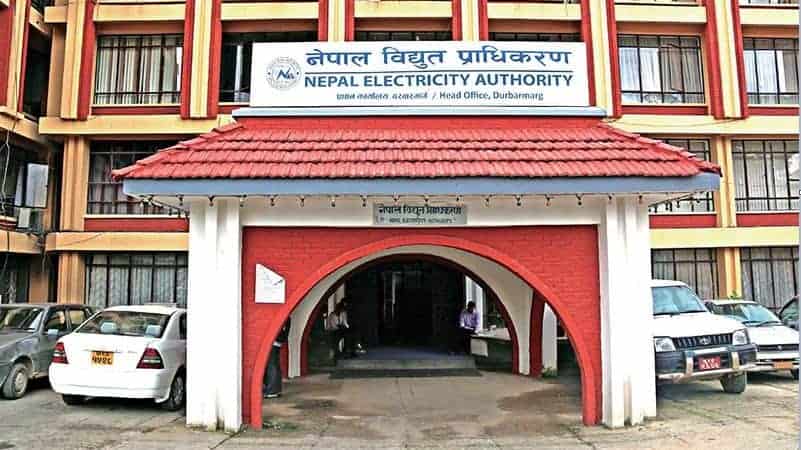
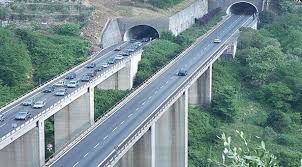
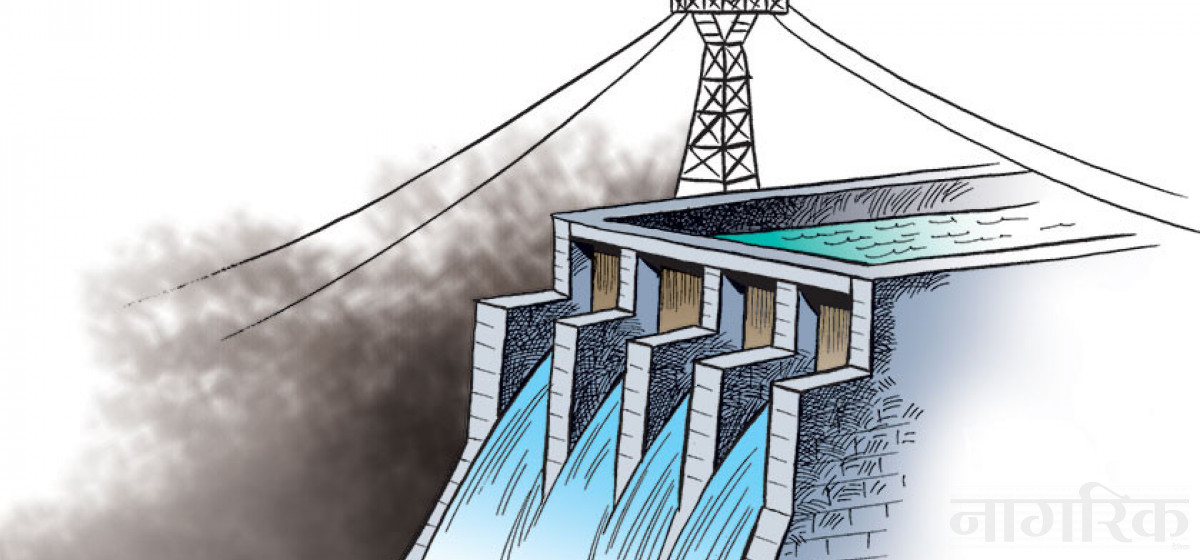
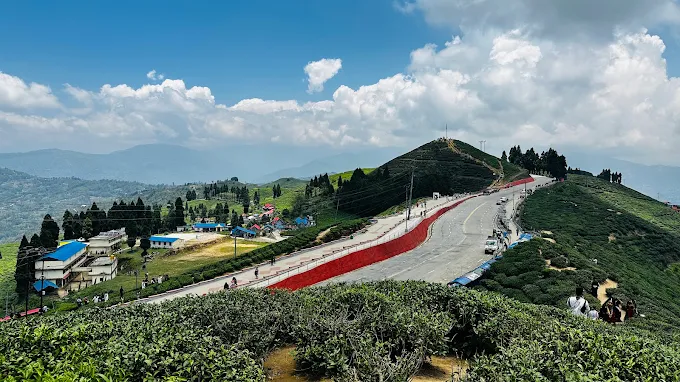
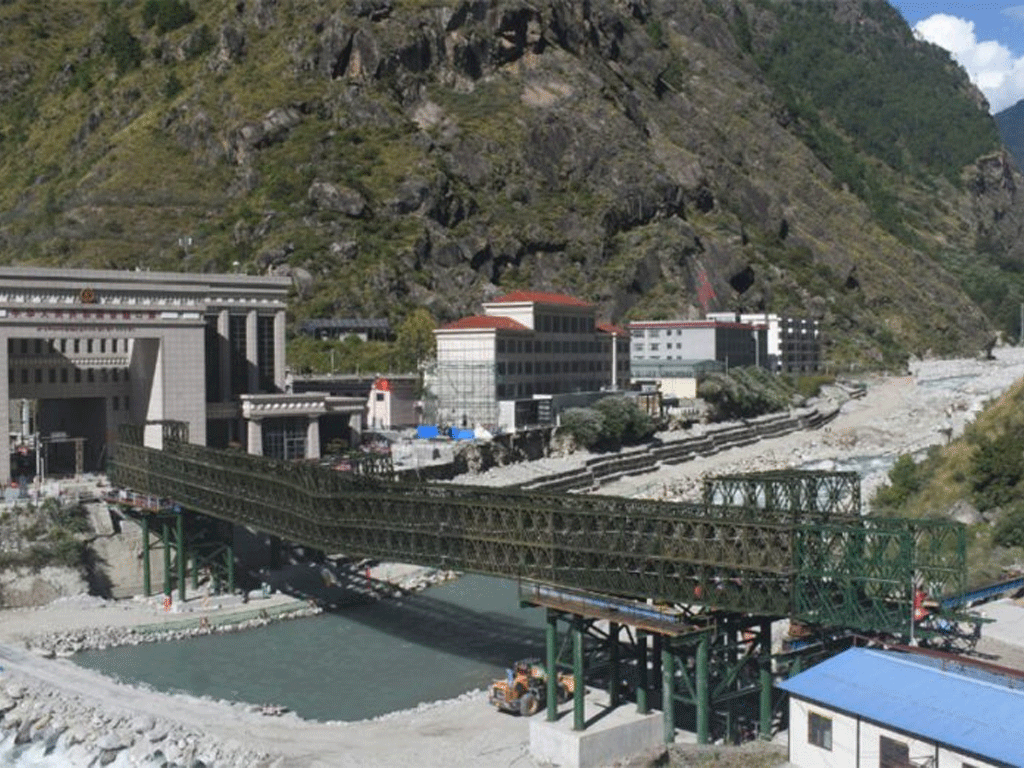

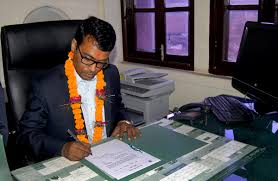
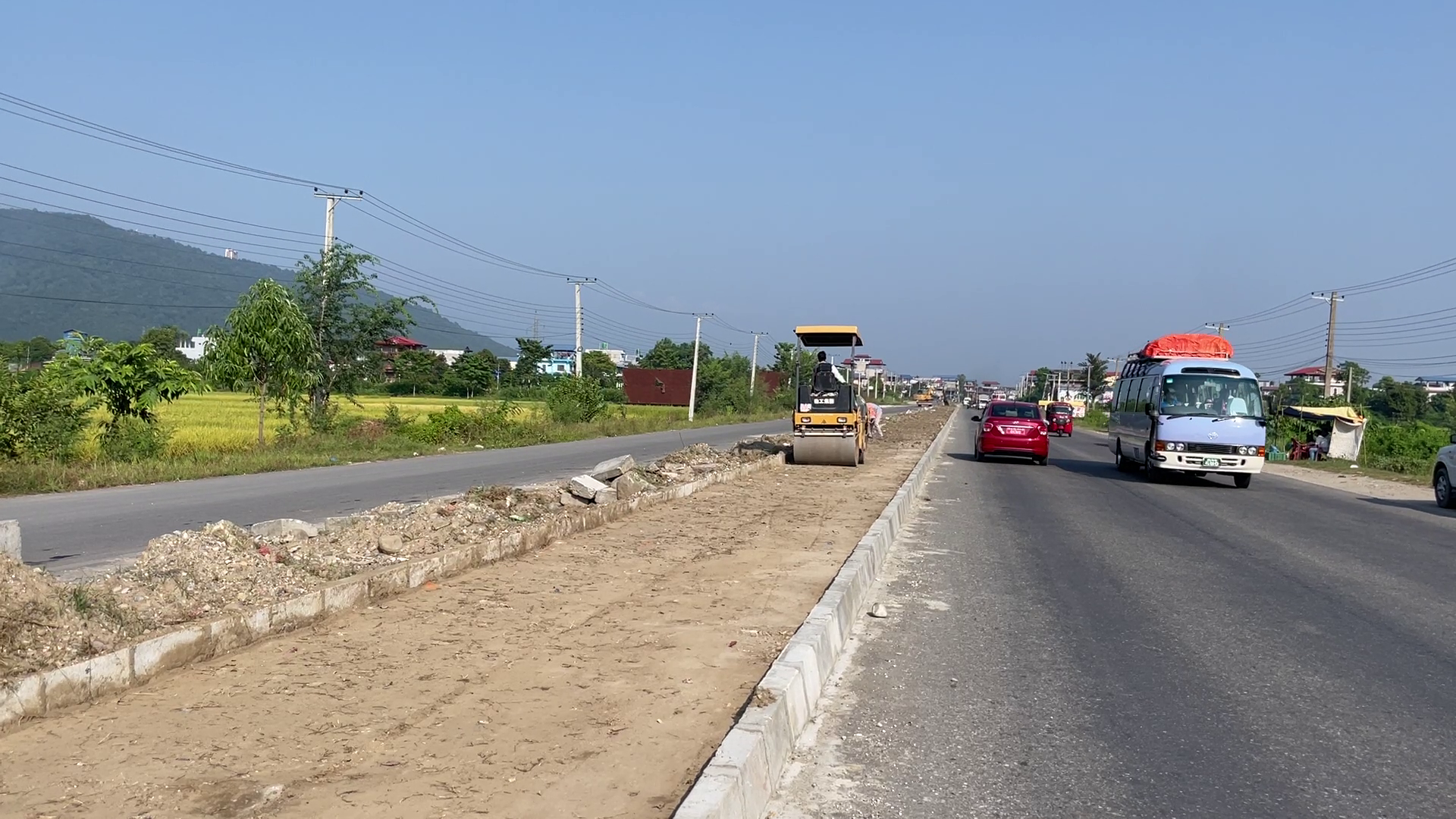


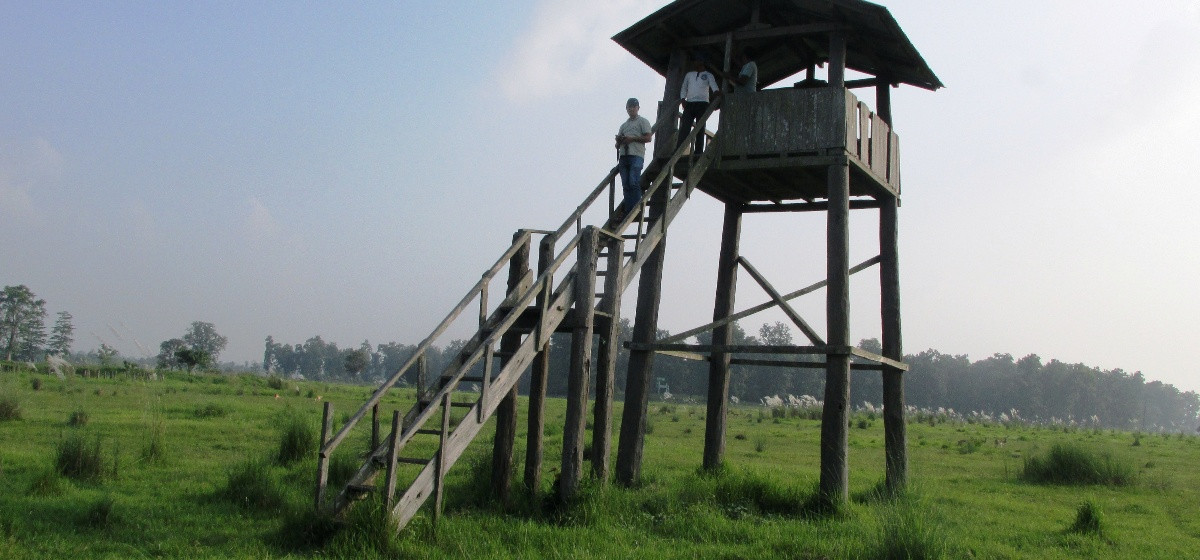



Comments:
Leave a Reply